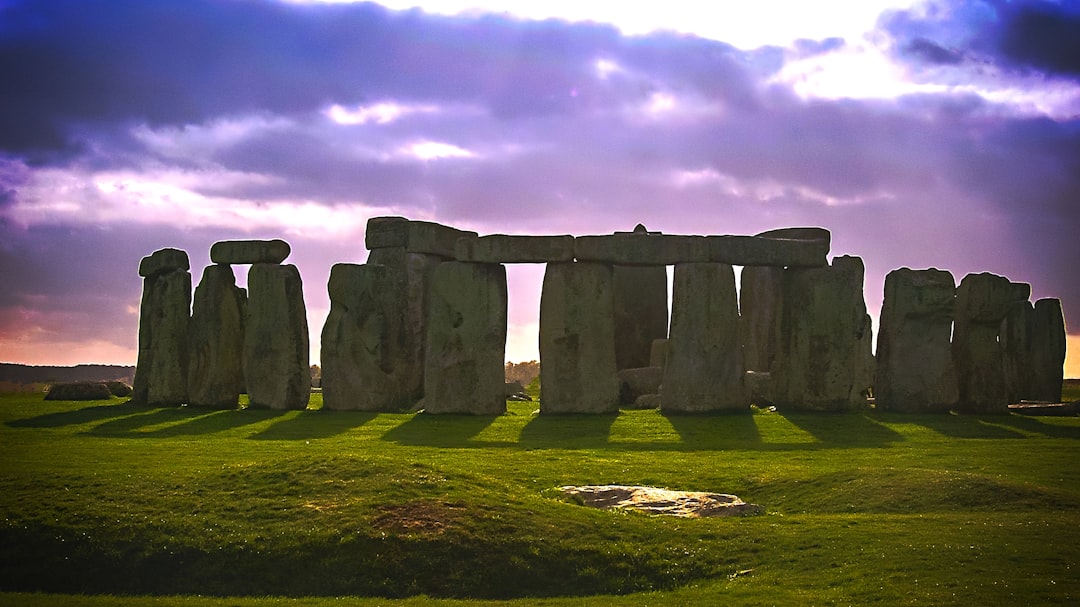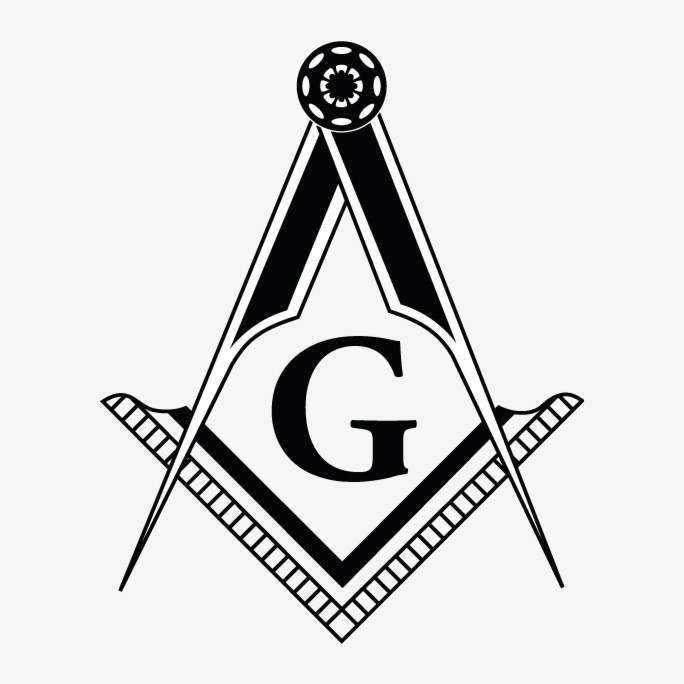I’ve found myself giving a great deal of thought to the fact that most of our Grand Lodges permit only a single Standard Work, a single ritual, to be used throughout their respective Jurisdiction.
I’ve discussed this with Brothers here on Emeth, and elsewhere, and I’ve given careful consideration to a broad range of perspectives.
My firm conclusion is that this practice is harmful to our Ancient Craft.

Here in the Jurisdiction of Washington, we, like most Grand Lodges in the United States use a form of the Preston/Webb ritual, and our Lodges are not allowed to vary from that ritual.
But we know that a great many other rituals exist. At the recent Western Conference of Grand Masters we heard about how the Ancient and Accepted Scottish Rite Craft rituals traveled from Louisiana into Mexico where they were adopted by most of the Mexican State Grand Lodges and are still practiced in those Grand Lodges today.
Our neighbor to the north, the Grand Lodge of British Columbia and the Yukon embraces a number of different rituals within their Lodges. Likewise with the United Grand Lodge of England.
These are just three quick examples, others exist.
But here in the United States, long ago, there was a drive to standardize everything. Just as McDonald’s restaurants hope to have everything exactly the same from Maine to California.
The drive towards standardization existed, and for whatever reason, most Jurisdictions jumped on the bandwagon and standardized.
But why?
In all of my thinking about this, and all of my discussions about this, I have not been able to come up with a single benefit to our Lodges, or our Masons, that ritual standardization across an entire Jurisdiction provides.
How does insisting that every single Lodge making up the Grand Lodge of Washington perform exactly the same ritual, in exactly the same way, benefit Freemasonry, or any individual Mason?
How does standardization like this in any Grand Lodge benefit our Craft or Freemasons?
I can’t think of a thing.
But I can think of tremendous benefits that could come about if our Grand Lodges allowed a measure of ritualistic freedom.
We could have, for example, our work in a language other than English. We have in this state, places with large immigrant communities. Communities filled with men who would make excellent Masons. But how much value would one find in a Masonic ritual written in a language that one struggles to understand?
There is no Landmark, custom, or tradition within Freemasonry that says one must be an English speaker in order to be a Freemason. But by restricting our ritual to English only, we have effectively shut many men in Washington out of our Fraternity.
That is doing nothing, but shooting ourselves in the foot.
Proper comprehension of our ritual is hard enough for many native English speakers. How much harder, or near impossible must it be for non native English speakers?
We should consider that different rituals will teach the same lessons in different ways. For example, we are taught as Masons that we need to judge a man by his actions, not by whatever gossip we happen to hear about him.
But that lesson is not explicitly spelled out anywhere in our Washington work. Rather it is something we figure out through contemplation of our work.
The other day, I planned a little talk for one of my Lodges. My intention was to remind the Brothers of what I’ve just said above. To judge a man by his actions, not by the gossip we hear.
But in doing so, I used a line from a Craft degree lecture other than our own. I used that other text, because it spells that lesson out explicitly. No contemplation or drawing of conclusions needed.
Some Masonic lessons will be taught quite well within our standardized ritual. Others will be taught better in other rituals. By allowing Masons to be exposed to more than one ritual, we will be offering better tools by which they can learn the lessons needed to smooth their own rough ashlars.
Things resonate differently from Mason to Mason.
A turn of phrase that makes a powerful impression, and therefore impact on one man, may hold no interest or value at all to another.
But by exposing Masons to ritual forms that teach the same Masonic lessons, but in different ways, and with different wordings, we greatly increase the opportunity for every Mason to hear the lesson in a way that resonates deeply within him.
Masonic ritual is Masonic education. As such, we should be making every effort to ensure that every Mason has the opportunity to learn in the way that is most effective and impactful for him. We should not be artificially restricting him to a single form of education.
Would we consider it a good thing for a child to be limited to a single teacher from Kindergarten to High School graduation? What if that teacher spoke in such a way, used words that the child found difficult to understand? Are we not much better off exposing our children to many teachers and many teaching styles?
In addition to the educational benefits a diversity of rituals would allow, we must consider the positive impact this would have on our Lodges as well.
People would travel and visit Lodges more if they knew that they would be able to see a different ritual than what they experience in their home Lodge. They would want to witness Degrees done differently, and that would result in greater participation.
While the ritual can always be interesting, and we can learn something from every experience with it, undeniably it can grow quite routine as well. Ritual variations would bring heightened interest and excitement to our Lodges as men would be exposed to something they quite likely had never been able to see before.
Lodges would have an excellent reason to truly study the various rituals that exist. To learn about these other ways of doing Masonic ritual. All in an effort to discover what ritual they wanted to use in their own Lodges. This would result in better educated Freemasons, and better educated Freemasons are more committed to the Craft because they benefit more from involvement with it.
Allowing our Lodges ritualistic freedom would I believe, do more to assist our Lodges in retaining and gaining Masons than any other thing our Grand Lodge could do. I think that we, as Masons, need to give it very serious consideration.
I promise that the world won’t end if the guys down the street start using a different ritual. Other Grand Lodges have thrived for centuries without utilizing a top down prohibitory approach to ritual standardization.




You are quite the shaker, ain't you, Broth.'. Cameron? Discussing a number of changes, trying to imagine different ways for the Craft to be. One could even call you a Free Thinker at that!
As you know, here in Brazil we have that level of freedom - we have 8 different Rites to choose from, not taking into account regional variations and very particular ones practiced in certain States. We also used to have some Lodges in different languages, particularly Lodges gathering immigrants [we had English, German, French, Spanish, Hungarian (who practiced their own Rite, the St. John's), Italian and probably others I don't know], though that practice has faded away.
The main difficult is understanding what constitutes valid/invalid [or regular/irregular] Masonic practice, since different Rites have different principles, working on different Landmarks. For a quick example, the RER [Scottish Rectified Rite] demands that the Freemason be a Christian for its higher degrees. Meanwhile, the Modern Rite [also called French] has a very literal Vol.'. of Sacr.'. Law: the Constitution.
The tension between these different approaches is no easy thing to handle! Standardization has a strong advantage in that you have very clear guidelines, very clear expectations. You don't have to worry about conflicting ideas Ritual-wise. It's also easier to attract a very specific kind of person if you have a very specific product. If all a market offers is vegan, what kind of person is going to shop there?
I enjoy the fact that the ritual I am doing has changed little since our founding fathers were initiated. I also enjoy the fact that anywhere I go within the state, if needed I could step into a chair for an evening and pro temp for a lodge short handed.
It is fun to see other rituals in other jurisdictions and compare how they do things versus my home lodge.
But I take comfort in our ritual, like a warm blanket.
You’ve brought up the alternative language argument before. There is nothing stopping a community from creating their own masonic traditions. If the women in our jurisdiction are doing it, so can others. Would they be regular and recognized? No. Would that be a problem? I can’t think of any and perhaps some day they could petition the grand lodge of Washington to be recognized as such. But I could see similar arguments with allowing women into the fraternity and that nose needs to stay out of under the tent flap.